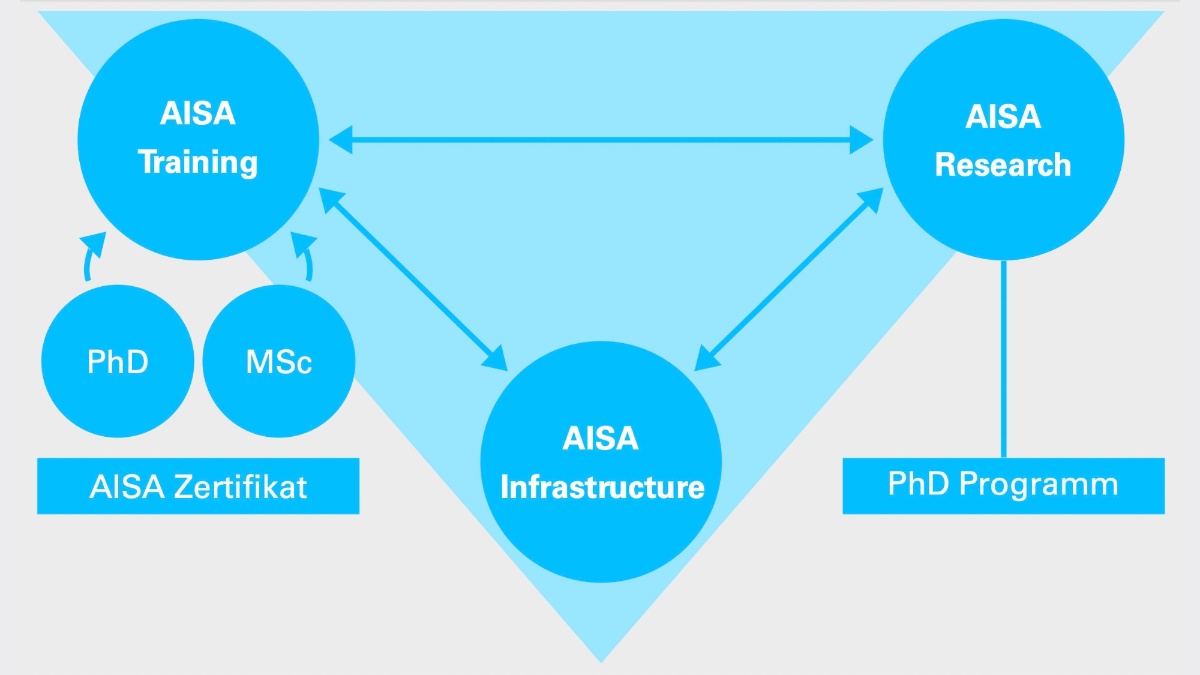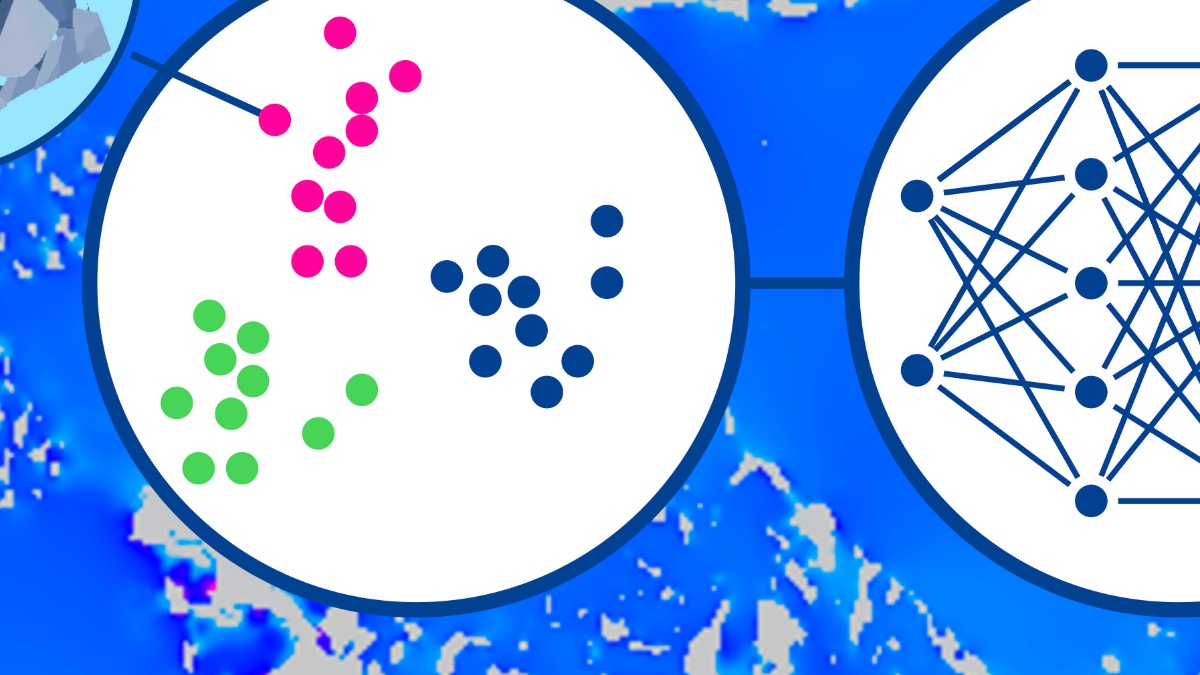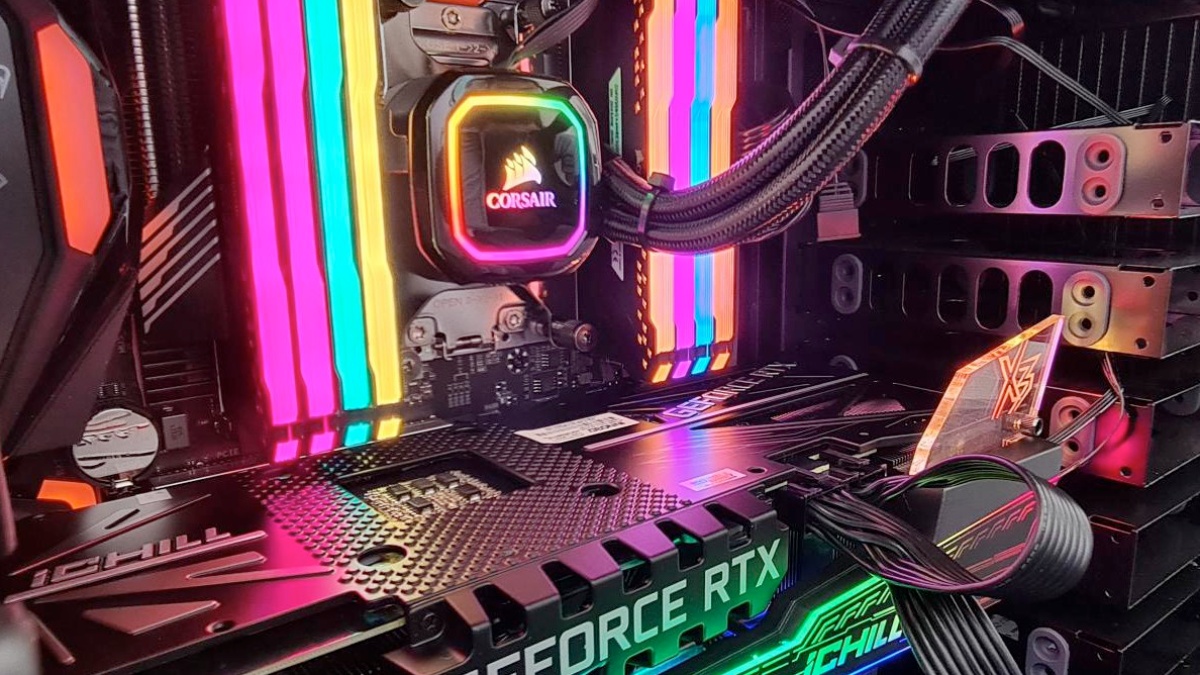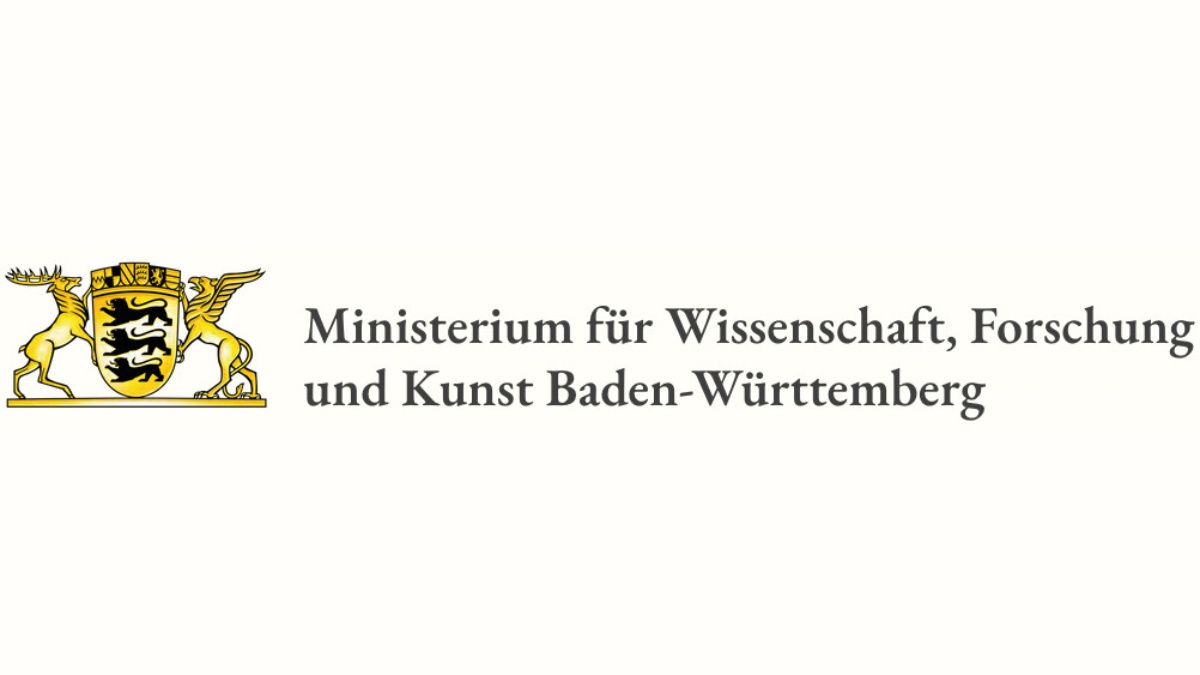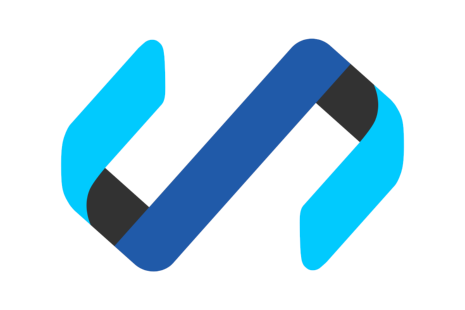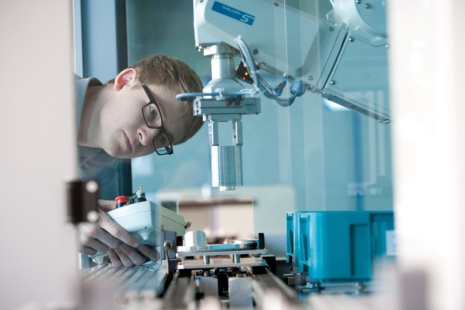AISA Symposium 2025
Join the AISA Symposium on July 3, from 9:00 AM to 5:00 PM! Discover the latest advancements in AI+SE+X as international and local experts share their insights.
Our Mission
Artificial Intelligence (AI) intrinsically requires dedicated software and the related software engineering (SE) skills. Additionally, profound domain knowledge (X) in engineering, sciences and didactics are usually needed in order to efficiently and effectively use AI in academia and industry. AISA aims at educating specialists that are equipped with interdisciplinary skills in all contributing disciplines: AI+SE+X.
AISA in a Nutshell
I recently completed the AISA Microcredential program. The AISA program offered me invaluable insights into the theory and practical applications of machine learning. By applying the principles learned during the course to my project I was able to deepen my knowledge in this domain and enhance the impact of my research.
Anni Dai, Research Associate at ICD/CA and IMPRS-IS
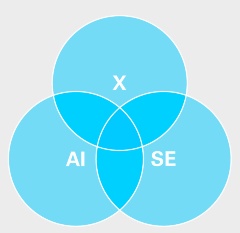
AI+SE+X: AISA's paradigm
AI+SE+X
Artificial Intelligence (AI) is a key technology in today's industrial and academic life. It comprises a huge variety of different methods, tools, and use cases. Understanding the relation between domain specific problems and the proper AI tools to be used is a key competence that is often lacking. Also, the development of you AI methodologies requires profound knowledge.
Software Engineering (SE) is a competence often neglected in academia. When developing research codes, sophisticated individual AI solutions, or simulation tools, things like documentation, testing, code readability, robustness, and so forth are often neglected. However, SE skills can boost efficiency in this regard. They can offer many benefits in larger teams, and for community wide roll out of academic and industrial solutions, and they improve on the sustainability of software and the related methods.
Application domains (X) come along with specific requirements. For instance, basic physical principles must be obeyed. Nolet about the data may be available. Side conditions not captured in the data such as experimental conditions may be relevant. Result representation can be critical in order to trigger acceptance. Interaction with domain specific research data infrastructure may be required.
By fusing competences from AI, SE and X, AISA will equip specialists with the needed tools, methods, workflows, and didactic skills in order to trigger acceptance of novel technology. This is our vision.
I am developing computational design methods for high-performance fiber composite building systems and recently completed the AISA DAS. This expanded my theoretical understanding and equipped me with practical skills that enhanced both the depth and quality of my research, cumulating in an interdisciplinary collaboration between IntCDC and SimTech, including a joint publication on Bayesian inference.
Fabian Kannenberg, Research Associate and Doctoral Candidate ICD, EXC Integrative Computational Design and Construction for Architecture (IntCDC), Publication link: https://doi.org/10.1007/978-3-031-68275-9_6
Latest news
June 2024
April 2024
March 2024
January 2024
December 2023
November 2023
October 2023
July 2023
AISA Contact
AISA Contact
- Further information
- Write e-mail
- Mail will be forwarded to the AISA ticket system. Follow the link for details regarding data usage and privacy.

Steffen Becker
Prof. Dr.-Ing.Head of the Software Quality and Architecture Group
[Image: U. Regenscheit / University of Stuttgart]



